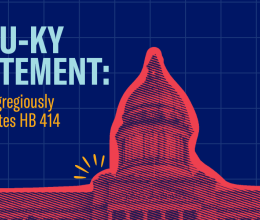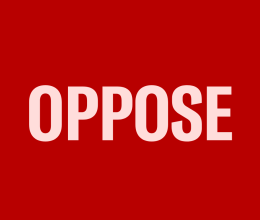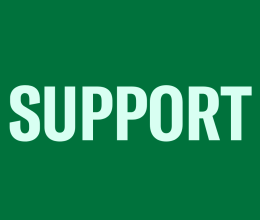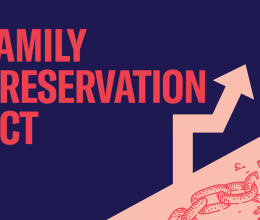
Along with other advocates, we were alarmed when the Supreme Court agreed to review a lower court’s decision to block an unconstitutional Mississippi abortion restriction in Dobbs v. Jackson Women’s Health. There is no sugarcoating the fact that this case could have dire consequences for people’s ability to access safe, legal abortion care. The Mississippi abortion restriction at issue was passed as a test case for extreme politicians to bring a challenge to Roe v. Wade, just like many of the Kentucky laws passed in recent years. As always, this is part of a larger effort to push abortion care further and further out of reach until it is entirely inaccessible. These restrictions have the most dire impacts on communities that already struggle to access health care and social services.
The Mississippi law challenged in Jackson Women’s Health would ban abortion after 15 weeks of pregnancy with few exceptions. For decades, courts around the country and at all levels have agreed bans like this are unconstitutional and violate the right to abortion care established in Roe and subsequent opinions. Roe and related cases establish that states cannot outright ban abortion prior to the point of viability, specifically holding that no state interest can outweigh a person’s privacy interests prior to viability. The fact that the Supreme Court has decided to hear whether the Mississippi law is constitutional — that there would even be a question about that — is deeply disturbing and indicates just how far our current courts might go to claw back this fundamental constitutional right. We should all be on guard and watching this case closely.
Unfortunately, similar to other states hostile to abortion access, Kentucky has a “trigger ban” in our state statutory code. This law, passed during the Kentucky General Assembly’s 2019 legislative session, purports to outlaw abortion if Roe is “overturned, in whole or in part.” As with most legal issues, the devil is in the details and what happens in Kentucky will largely depend on the Supreme Court’s ultimate ruling in Jackson Women’s Health. We don’t yet know how the Court will rule, or how they will structure their decision. We will have to wait until the end of next Court term to know what the precise effects in Kentucky will be.
There is no getting around the fact that the simple action of the Court granting cert in this case and agreeing to hear the argument is a troubling sign for the future of access to safe, legal abortion care. Access to abortion care has gotten more and more tenuous over the years as states like ours push one unnecessary restriction after another. Even while abortion care has remained legal, many people simply can’t access it. As always, advocates working on the ground to ensure patients are able to access and afford abortion care, no matter where they may have to go to receive it, will remain incredibly important.
This article was written by ACLU of Kentucky Staff Attorney Heather Gatnarek for the summer newsletter of the Kentucky Religious Coalition for Reproductive Choice. Learn more about KRCRC here.



